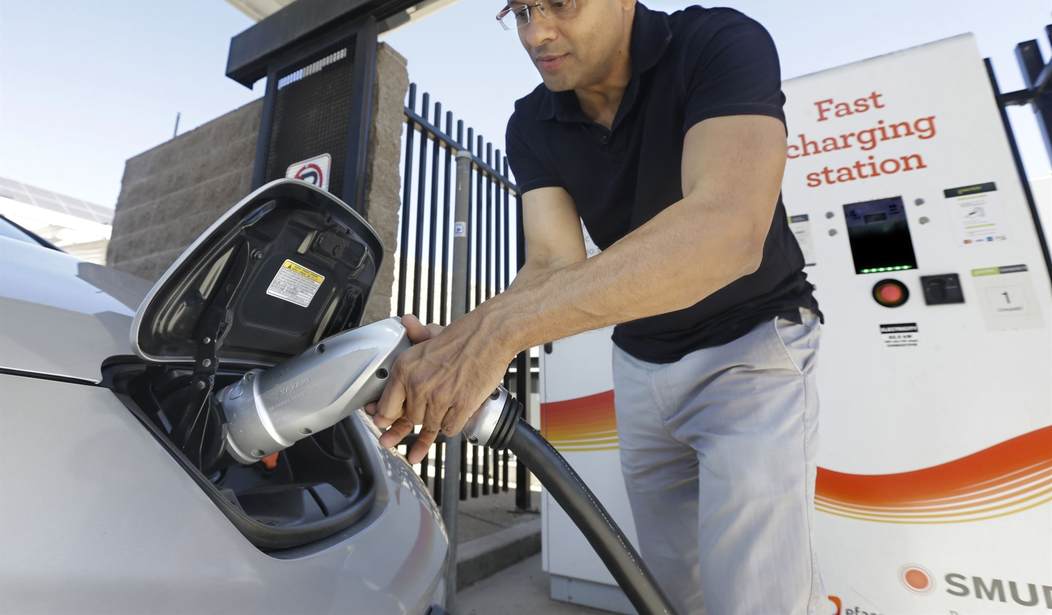It is past midnight as I write this column. I am sitting in a dark house on a dark street where the power has blacked out for the 12th time in the day. Many parts of the city faced a blackout today, and it is not unusual.
The city where I live, Bangalore (properly Bengaluru), is known as the technological hub of India, one where most information technology tasks are outsourced from the U.S. Major companies like Google, Dell, Amazon, Intel, IBM, Microsoft, KPMG, Siemens, Cisco, Samsung, EY, and Coca Cola have their research and development centers here. Skyscrapers and glass buildings give the city a modern feel.
But the city has lately become infamous for its high rate of power blackouts. The electricity infrastructure here is light years behind those in other Indian cities like Mumbai (previously known as Bombay) and Delhi.
As a result of these persistent blackouts, businesses and big multinational companies rely on diesel powered generators to supply power. A considerable section of the population has now installed battery backup in their homes, but it is not common, and most of these batteries do not last beyond 3 hours.
The majority in the city have no power backup. This means their productivity gets impacted during daytime, and their resting time gets disrupted during the late-night hours when stifling heat makes sleep difficult.
Now imagine if many of these people are forced to transition to electric vehicles. Where will they charge their vehicles if there is no or disrupted electricity? What will they do if there is an emergency, and their electric vehicles are out of power? And how much more frequent, and long, will blackouts become when all that additional demand is put on already-insufficient power grids? A mandatory transition to electric vehicles will usher in chaos in developing parts of the world, where people are yet to be provided with basic utility services like uninterrupted electricity.
Recommended
An even more shocking move would be to put these millions of people at the mercy of renewable energy sources like wind and solar. When the wind drops, there is no power from wind turbines. Likewise, when the sun sets, there is no electricity from solar panels. Besides, the mostly cloudy skies of my city would not be able to support even normal electricity demand on an average day.
Our society, like many others in the developing world, understands the problem of intermittent/discontinuous power supply. We’ve lived with it for years. We still live with it, day after day. Under no circumstances would we want the power sector to regress. We want it to progress—which it cannot do with even mild dependence on wind and solar—properly called not “renewables” but “unreliables.”
Sadly, the masses are being misled and told that the renewables are trustworthy. The public does not realize the dangers of the renewable mandate and how it would push them back to situations like the 1990s when India struggled to provide electricity to its population. Transitioning to both “renewable” energy sources and electric vehicles would spell disaster to people here and all over the developing world.
But this risk is not unique to developing countries. The leaders in the West are now jeopardizing their power sectors by rolling out anti-fossil fuel policies. The UK is going through a horrid period of gas shortage and price increase which it could have avoided. Likewise, the U.S. is heading into deep trouble as the nation is set to embrace energy policies that demand increased reliance on less-reliable sources like wind and solar while mandating increased use of electric vehicles.
To regress back into energy poverty is a choice. Will my country, will your country, choose to go backward—not in time but in progress—to unreliable, expensive energy from “renewables,” or forward, to reliable, affordable energy from fossil fuels, nuclear, and hydro?
Vijay Jayaraj (M.Sc., Environmental Science, University of East Anglia, England), is a Research Contributor for the Cornwall Alliance for the Stewardship of Creation and resides in Bengaluru, India.

























Join the conversation as a VIP Member